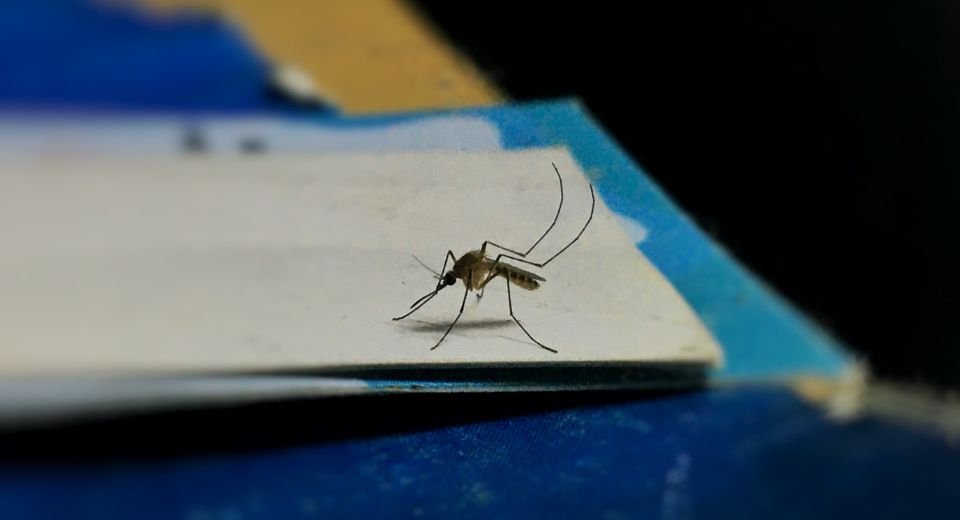HQ Team
August 12, 2023: At least 327 people have died in Bangladesh from January 1 to August 7 due to dengue, with the density of mosquitoes and potential hotspots being the highest in five years.
The Ministry of Health and Family Welfare of Bangladesh has reported a total of 69,483 laboratory-confirmed dengue cases during the period, according to the WHO.
Although dengue is endemic in Bangladesh, the current surge is “unusual in terms of seasonality.”
Dengue cases started to rise in May 2023 and have been continuing since then, and the peak is unlikely to have been reached.
The reported number of dengue cases this year is the highest compared to the same periods recorded since 2000.
High temperatures
The higher incidence of dengue is taking place in the context of an unusual episodic amount of rainfall, combined with high temperatures and high humidity.
This has resulted in an increased mosquito population throughout Bangladesh.
Dengue is a viral infection transmitted to humans through the bite of infected mosquitoes and is found in tropical and sub-tropical climates worldwide, mostly in urban and semi-urban areas.
The primary vectors that transmit the disease are Aedes Aegypti mosquitoes and, to a lesser extent, Aides Albopictus. Dengue virus (DENV) has four serotypes (DENV-1, DENV-2, DENV-3, DENV-4).
DENV2 was the predominant circulating serotype in Bangladesh until 2018 when it was replaced by DENV3 as the predominant serotype in 2019.
Severe infections
DENV2 has been identified as the primary circulating serotype in the current outbreak, and this may result in more severe dengue infections and hospitalizations as a result of a second infection with a heterologous serotype.
Cases were reported from all 64 districts in the country. Of the 66 serotyped samples in the month of June 2023, DENV2 (51.5%) and DENV3 (43.9%) were identified as circulating serotypes.
Dengue was first recorded in the 1960s in Bangladesh (then known as East Pakistan) and was known as “Dacca fever”.
The cases of dengue appear to coincide with the rainy season from May to September and higher temperatures, since 2010.
Favorable conditions
Bangladesh’s climate conditions are becoming more favorable for the transmission of dengue and other vector-borne diseases including malaria and chikungunya virus.
The climate conditions include excessive rainfall, waterlogging, flooding, rise in temperature, and unusual shifts in the country’s traditional seasons.
Dengue virus has the potential to cause epidemics resulting in high morbidity and mortality.








